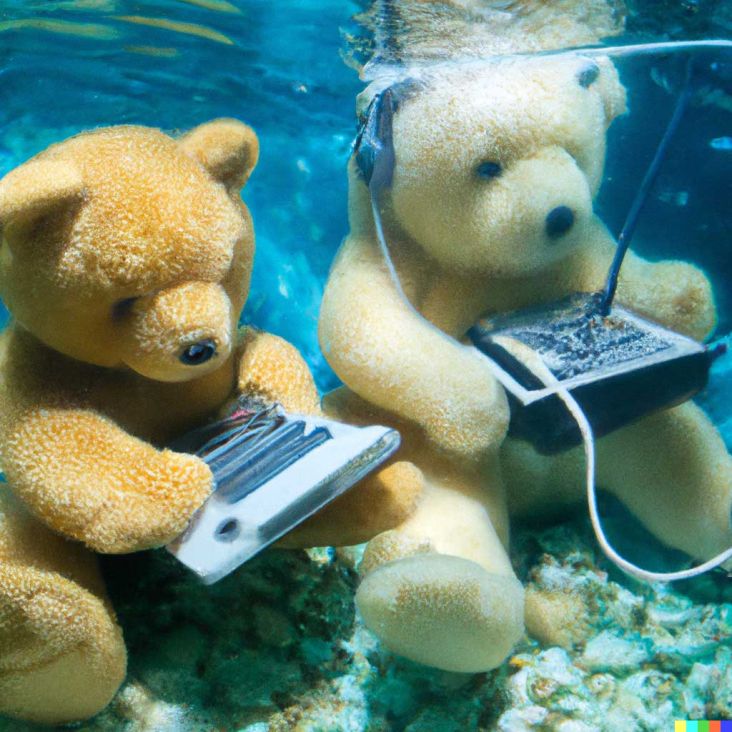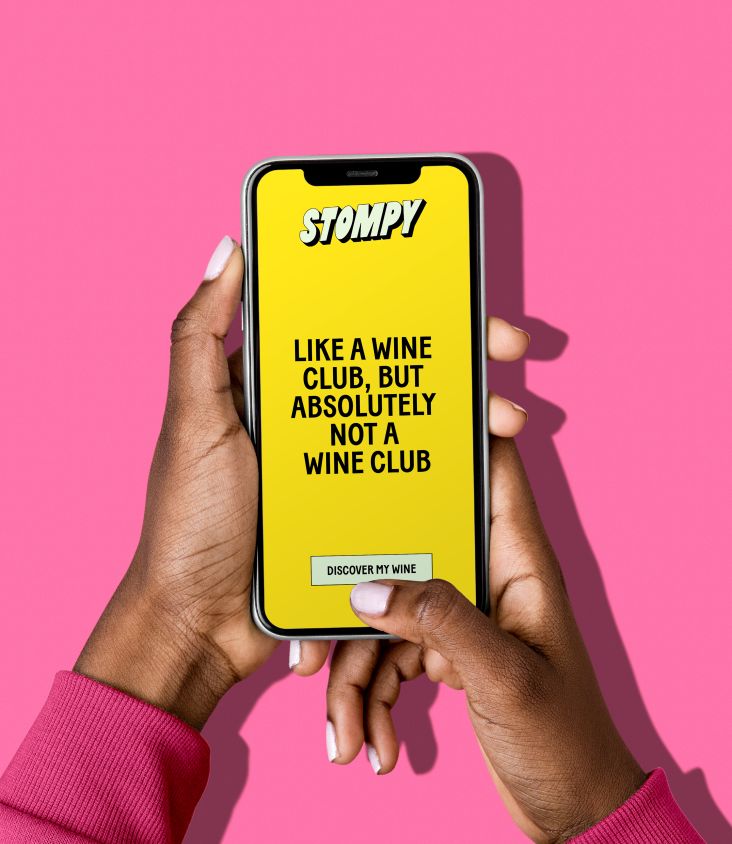How creative agencies are finding different ways to help mental well-being at work
It was only a decade ago when mental health was something you didn't bring up with your boss. It was a taboo subject, and we worried it would impact our careers if we dared mention it. Today, all that has (thankfully) changed. For Mental Health Awareness Week, we asked four creative agencies to tell us what they're doing to tackle mental well-being in the workplace.

Image licensed via Adobe Stock
According to the Mental Health Foundation, mental health problems are all too common in the workplace, and it is the leading cause of sickness absence. A staggering 70 million workdays are lost each year due to mental health problems in the UK, costing employers approximately £2.4 billion per year. The charity says that "an essential building block for workplace mental health is the ability to have open, authentic conversations about mental health in the workplace, both individually and on a strategic level. This is more important than ever as we recover from the impact of the pandemic".
So what are creative agencies and studios doing to help mental well-being at work? We sat down with four different creative directors from leading UK agencies – including Space Doctors, This Way Up, Robot Food, and Ragged Edge – to discover what they're doing to look after their teams.
1. They're getting back to nature and learning something new
One of the many positives to come out of the global pandemic was our newfound love of nature and the chance to take up fresh hobbies again. We began to slow down, and our mental health became a priority. It's a feeling Space Doctors wanted to hold onto with both hands, introducing a range of initiatives to keep well-being in mind.
One such scheme is a 'Back to School' programme for all members of its consultancy. "It's where we get the opportunity to take a week and a healthy budget to spend on a course which will help get your brain working differently and learn something new," explains Roberta Graham, project director at Space Doctors. "It could be creative writing, carpentry or Chinese lessons. I'm hoping to do a dance-based course later this year. As well as bringing something inspiring and work-adjacent back to the team, it's a great way to refresh your mind, broaden your perspective, and help to make our day-to-day even more creative and interesting."
To add to that, Space Doctors is also doing its usual day out with the 'School of the Wild' again this summer. "It's where we all get out together on the Sussex South Downs to get away from our laptops and unwind in nature a bit," Roberta says.
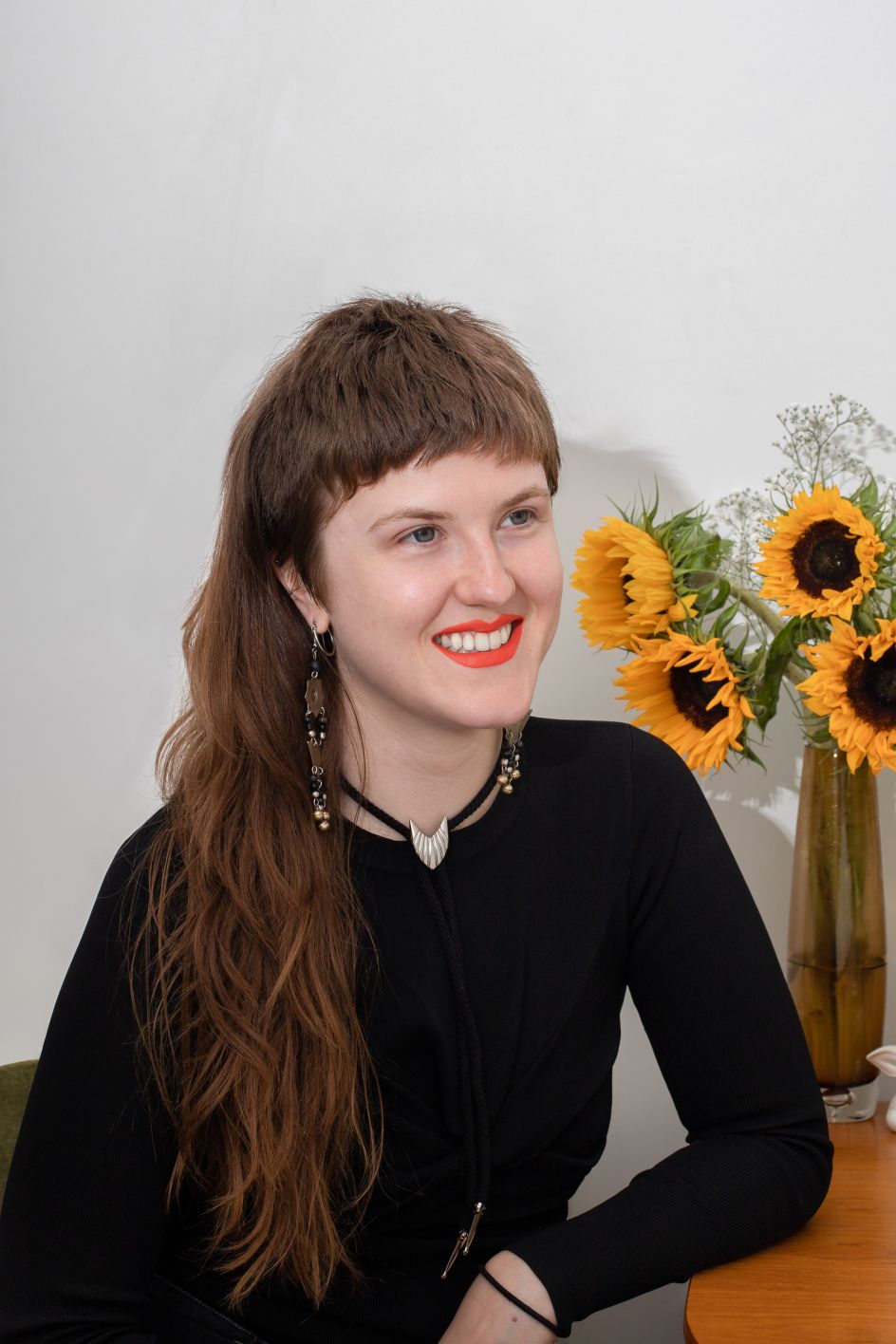
Roberta Graham, project director at global cultural and creative consultancy, Space Doctors
2. They're ditching the 'us and them' structure with a flat hierarchy
Over the last year or two, many of us have prayed that we never return to "normal" after experiencing a more flexible work-life, ditching long commutes and having our well-being thrown into the spotlight. You could say the creative industry has had to take a long hard look at itself and realise the value of its people like never before.
David Timothy of Robot Food agrees: "I think our industry has a bad rep when it comes to mental health: high expectations, high volumes of work and tight deadlines don't always go hand in hand with fresh ground-breaking creative thinking. Many agencies tolerate this as the cultural norm – an expectation for 12-hour workdays patched together with 'mindfulness' sessions and massages once a month can feel like a disingenuous token gesture. For meaningful change, companies should look to change their culture and move away from creating problems and applying a sticking plaster to them."
With profit coming before people, in many cases, David believes addressing mental health can come as an afterthought – or worse still, 'a box-ticking exercise'. "Companies should take a more human approach to their humans because their well-being is always nuanced and personal, so I doubt any formal, one size fits all approach will ever work," he says.
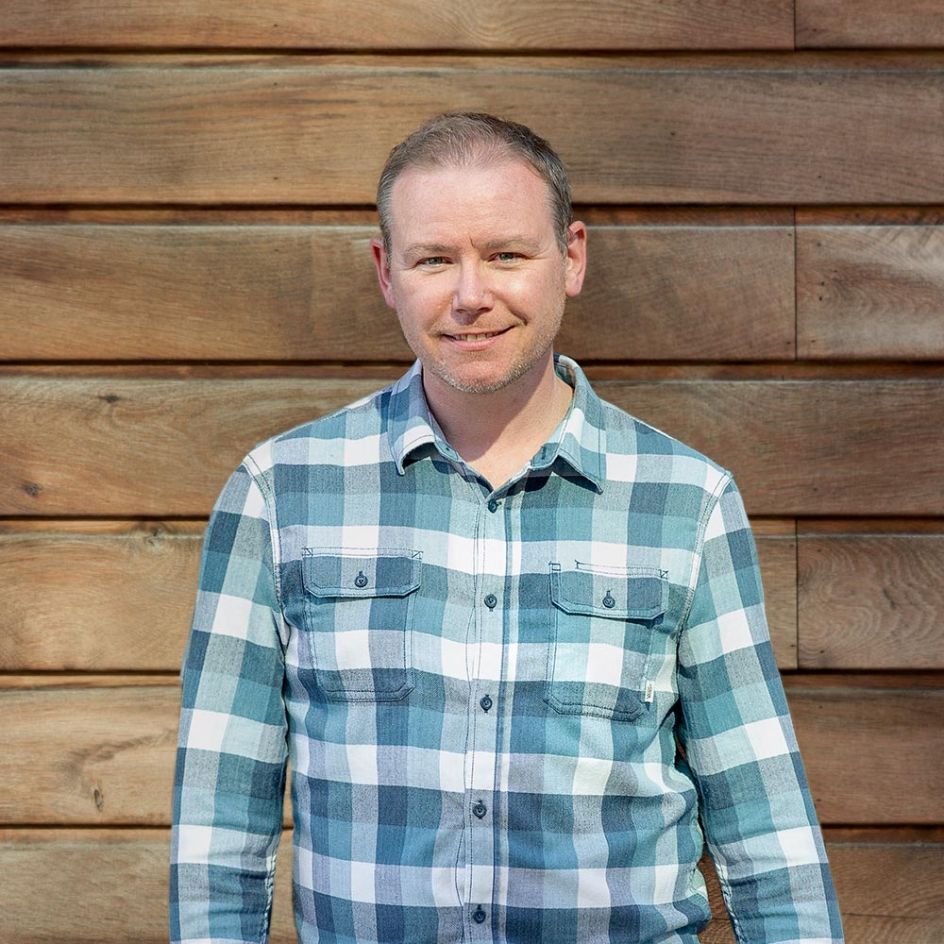
David Timothy, managing director at Leeds-based strategic branding agency Robot Food
At Robot Food, David describes them as a "close-knit bunch", and that really helps. "We don't have 32 satellite offices, so our culture remains undiluted, and it means people are more connected, so it's easier to talk about anything. Together with a flat hierarchy removing the usual 'us and them' structure, you're left with just 'us', which means everyone's voice is important and heard."
David gives us further insight into Robot Food's recruitment approach: "We hire like-minded people with similar values, who get that sometimes we need support and other times we need to step in to provide others with the support they need to carry them through long technical design days or personal issues. In short, compassion needs to be integral to the culture of any company."
3. They're treating everyone as individuals and encouraging better work-life balance
We are all different. In who we are, how we work and what makes us happy. It's something This Way Up is embracing, and it's key to how the agency operates. "Healthy can mean many things; for some creatives, it could be about feeling completely empowered to work in whatever way is most comfortable, or in whatever way they feel most inspired," says MD and Founding Partner Chris White. "That attitude is central to what This Way Up does and who we work with.
"As a creative agency specialising in designing for health and natural food and drink brands, we're passionate about working with brands to help people live healthier lives – while respecting that 'healthy' means different things to different people. Health is not exclusive to physical fitness, and employers should be supporting their teams in their wellness journeys."
One initiative that has been introduced at This Way Up is summer working hours where they close the studio at 1pm every Friday through June, July and August. "The idea is to motivate the team to spend more time with friends and family, enjoy their hobbies, or simply invest more time into themselves outside of work," adds Chris.
The agency has also moved to a permanent-flexi model, allowing staff to work from home three days a week to avoid the stress of travelling during the London rush hour. While internally, it promotes lifestyles and practices that give everyone a wellness boost, from a Vitality insurance membership and a cycle-to-work scheme to creative-themed socials such as painting or cooking classes. "Working closely with health brands, we also encourage the team to try the products we work with and often rustle up recipes in the office for the whole team to enjoy," Chris says.
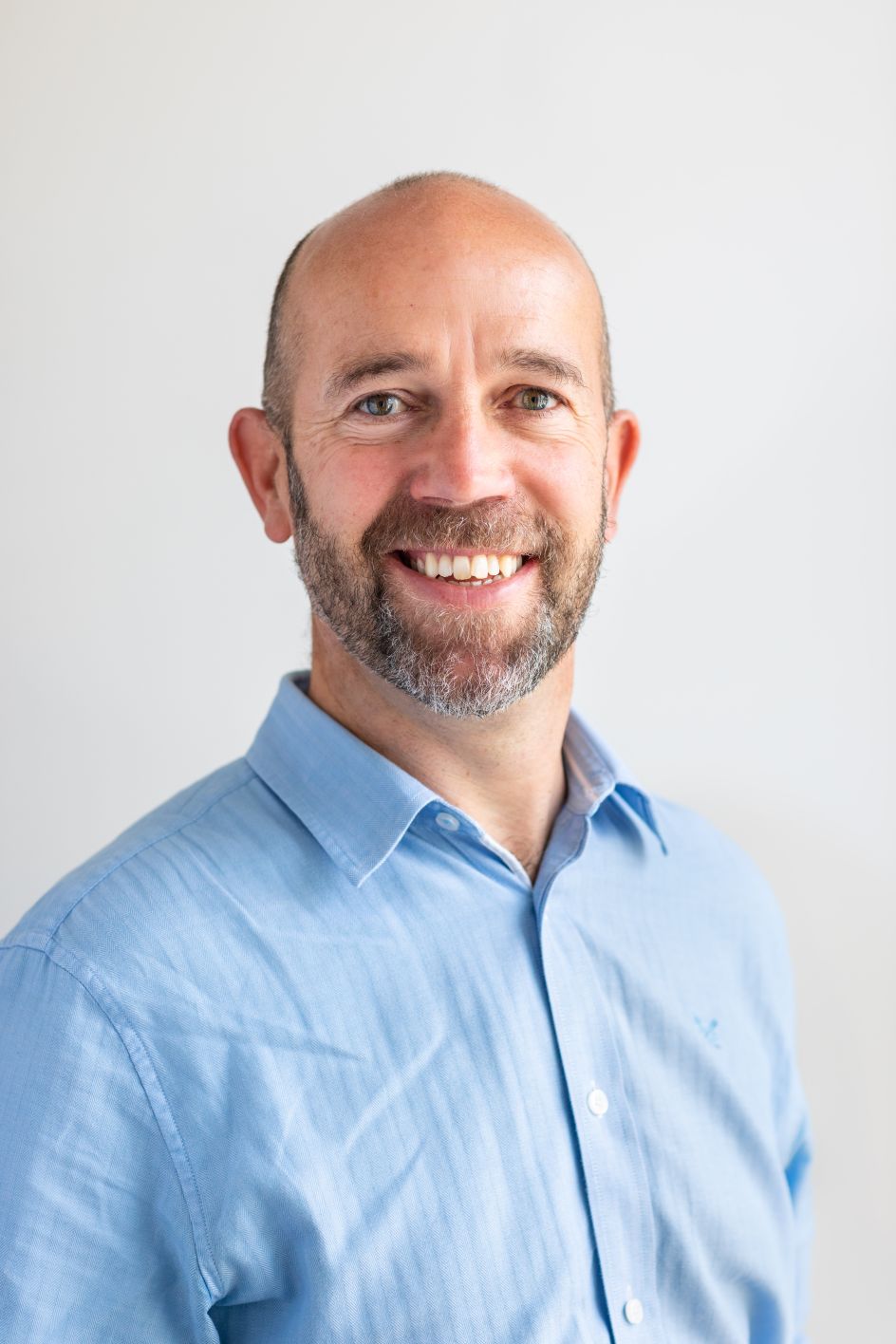
Chris White, managing director and founding partner at This Way Up
4. They're going above and beyond with therapy and wellness sessions
Gone are the days when "beers on a Friday" and a table tennis table were treated like happy perks on creative agency job descriptions. In many places, it's become more wholesome with the understanding that people need more than just anxiety-inducing beer.
At Ragged Edge, the agency offers additional time off, healthy smoothies, and fortnightly yoga – all 'nice to haves' to brighten each day and look after the team. But it goes further than that with a real purpose to look after people's mental health. "We run a schedule of events and programmes to tackle the root cause of some of the more evident mental health challenges we might see in the creative industry, such as time pressures, deadlines or creative fatigue," says Lisa Mitchelmore, head of people & culture at Ragged Edge.
That essentially means the London agency is working with a partner to offer free therapy to everyone on the team. "We've also been hosting workshops on what it means for everyone to live a rewarding work-life, moving from relentless to rewarding, non-stop to sustainable. We have also worked to develop a mental health guide, Mind Your Head, to help our teams keep their mental health front and centre." Ragged Edge also has four Mental Health First Aiders across the agency and has offered this to the team as an optional training opportunity.
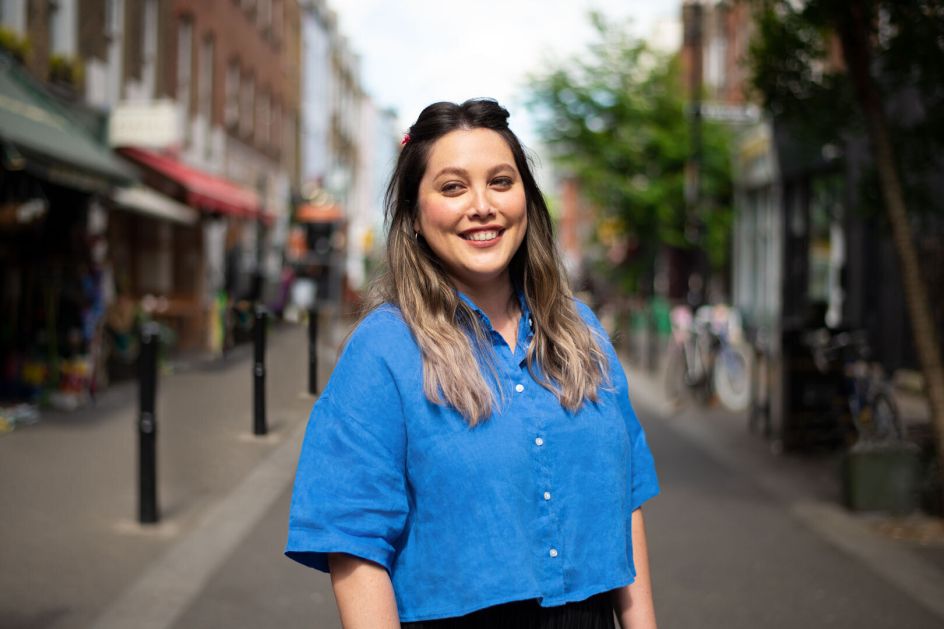
Lisa Mitchelmore, head of people & culture at Ragged Edge
Lisa encourages us to become aware of our mental health and prioritise it. "It's worth challenging the assumption that creativity comes from straining or suffering. It can even limit creative thinking. Following that, I believe the time to experience joy nurtures creativity – even if it's for five minutes. Time to sit and do absolutely nothing. Be active – walk, run, dance. Take part in a workshop, talk or class you've always wanted to do. Speak to somebody on a completely different creative path to you."

 for Creative Boom](https://www.creativeboom.com/upload/articles/06/063686a9a3b095b9b1f0e95df917ed4bd342be1b_732.jpg)


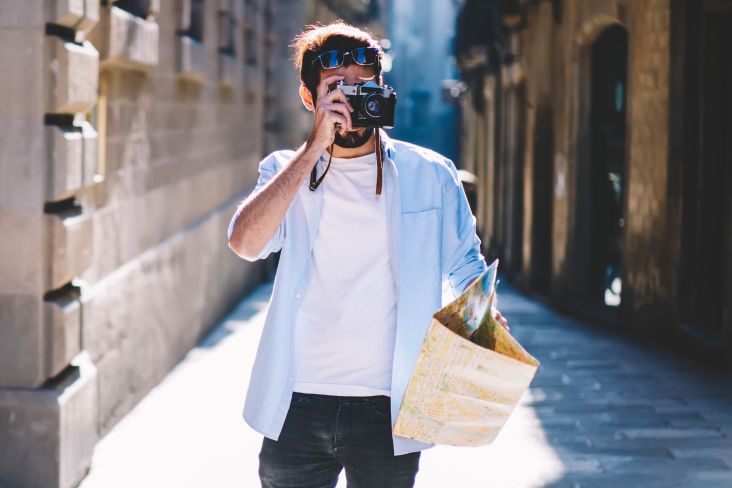
 using <a href="https://www.ohnotype.co/fonts/obviously" target="_blank">Obviously</a> by Oh No Type Co., Art Director, Brand & Creative—Spotify](https://www.creativeboom.com/upload/articles/6e/6ed31eddc26fa563f213fc76d6993dab9231ffe4_732.jpg)
 by Tüpokompanii](https://www.creativeboom.com/upload/articles/58/58684538770fb5b428dc1882f7a732f153500153_732.jpg)








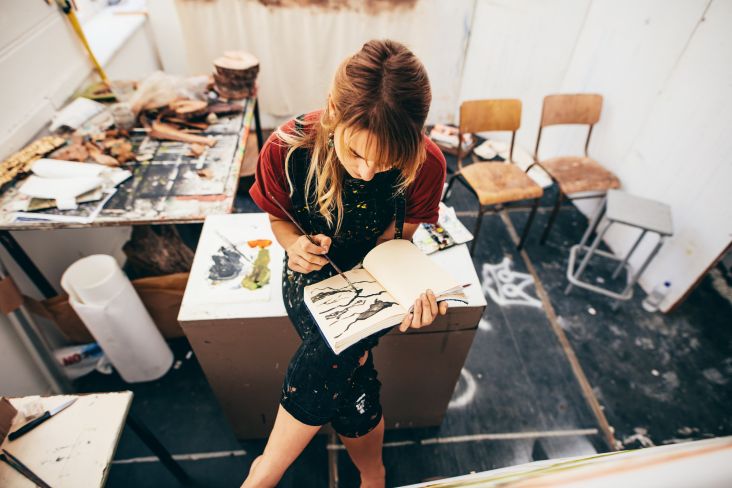

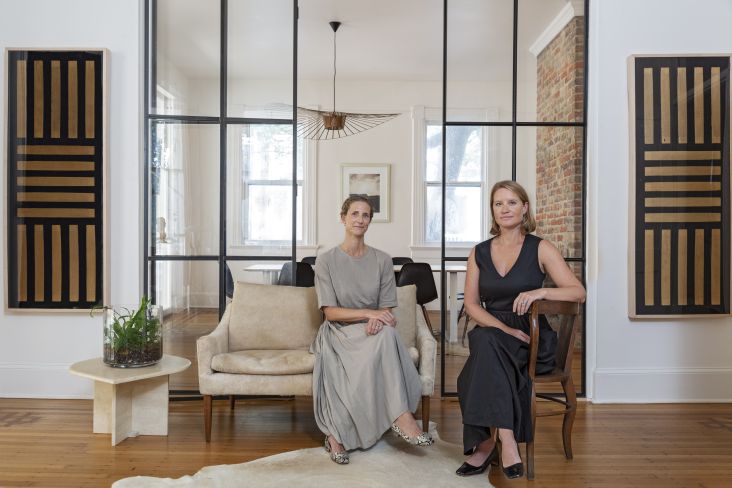
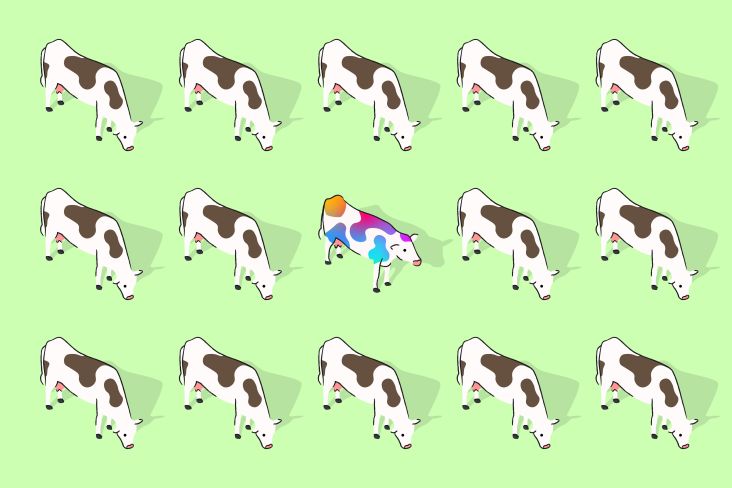
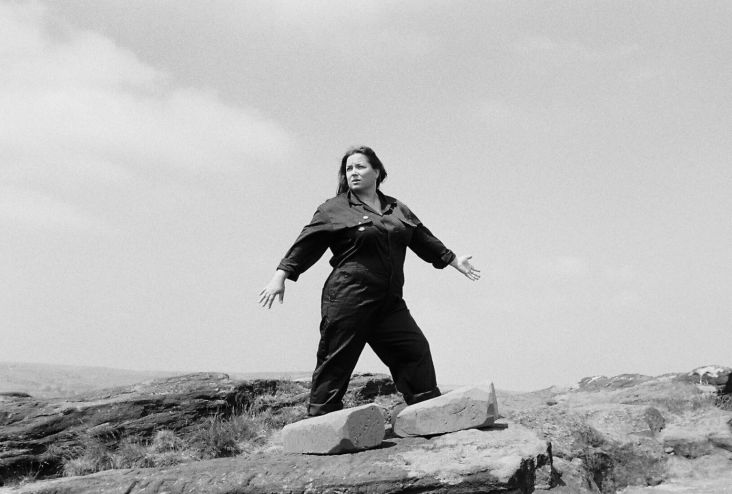
](https://www.creativeboom.com/upload/articles/c3/c3f221d99b79de33449900e9b796afb9588dfc07_732.jpg)
